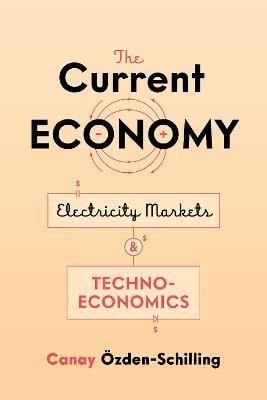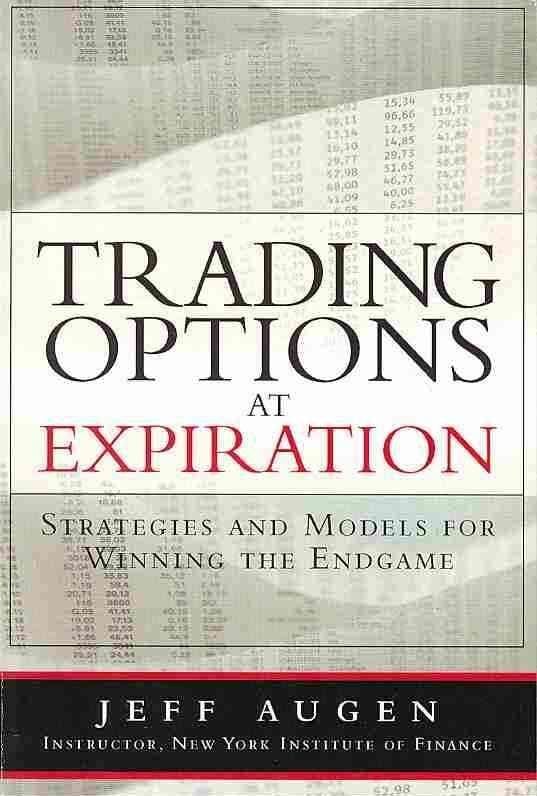The authors present a new formal framework for finding the long-run competitive market equilibrium through short-run equilibria by exploiting the operating policies and plant valuations. This “short-run approach” develops ideas of Boiteux and Koopmans. Applied to the peak-load pricing of electricity generated by thermal, hydro and pumped-storage plants, it gives a sound and practical method of valuing the fixed assets-in this case, the river flows and the geological sites suitable for reservoirs. Its main mathematical basis is the producer’s short-run profit maximization programme and its dual; their solutions have relatively simple forms that can greatly ease the fixed-point problem of solving for the general equilibrium. Since the optimal values (profit and cost functions) are usually nondifferentiable-this is so when there are joint costs of production such as capacity constraints-nonsmooth calculus is employed to resolve long-standing discrepancies between textbook theory and industrial reality by giving subdifferential extensions of basic results of microeconomics, including the Wong-Viner Envelope Theorem.












